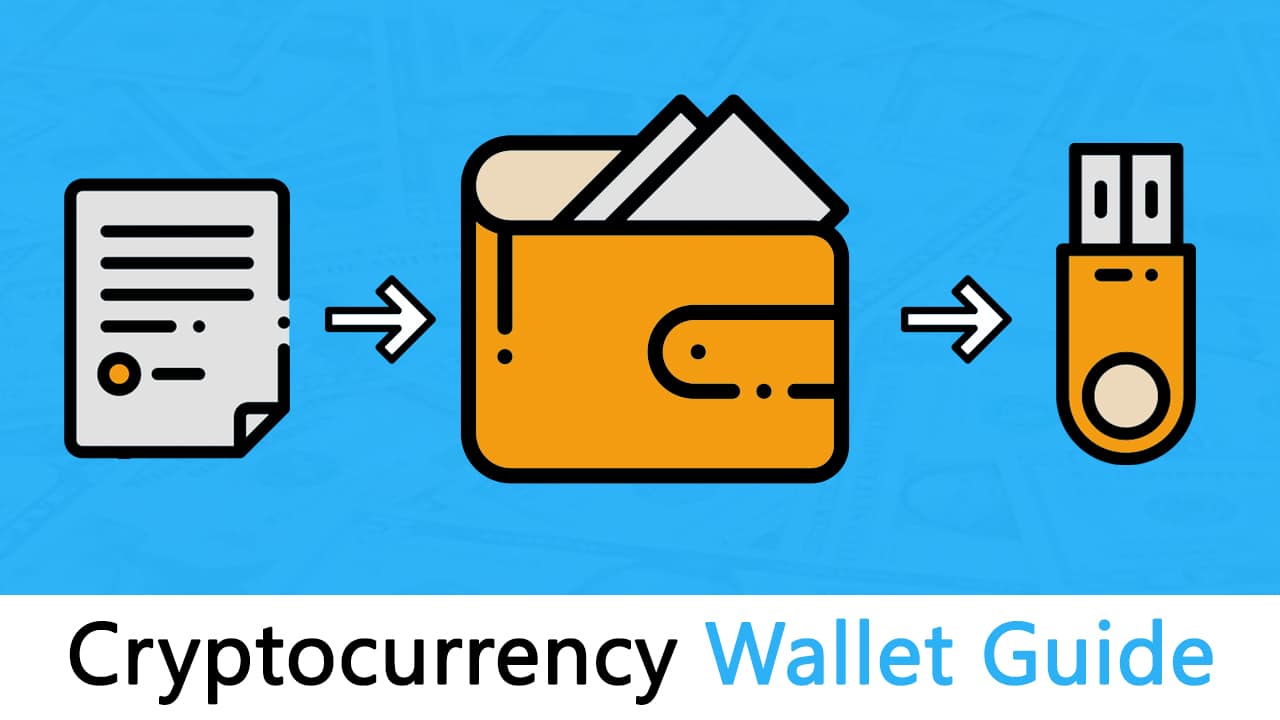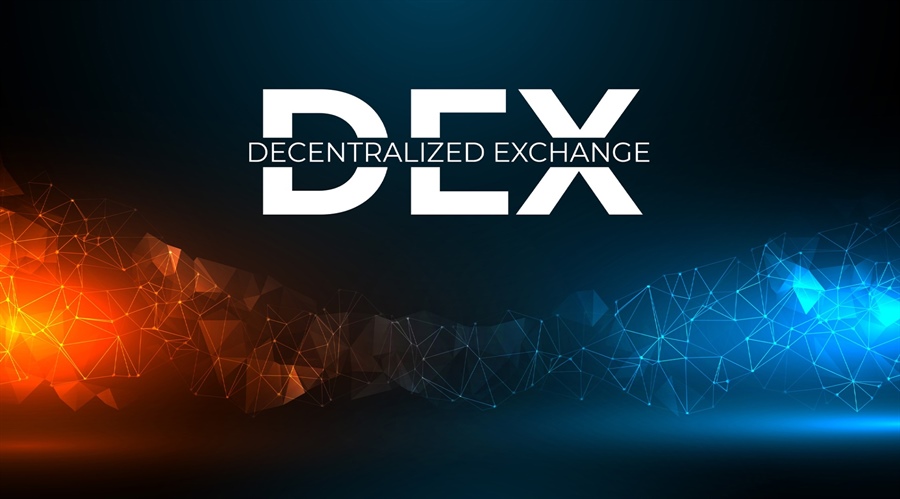How do I store my cryptocurrencies safely?
Cryptocurrencies grant you control over your financial assets, but this control comes with the responsibility of safeguarding them

In the era of digital finance and decentralized technologies, owning cryptocurrencies brings both opportunities and responsibilities. As you acquire and invest in various digital assets, ensuring the security of your holdings becomes paramount. This comprehensive guide aims to empower you with the knowledge and practices necessary to store your cryptocurrencies safely. From understanding the types of wallets available to implementing robust security measures, this guide will equip you with the tools to protect your digital wealth.
As cryptocurrencies gain prominence in the global financial landscape, the need for secure storage has become a top priority. Just as you would safeguard traditional assets, protecting your digital wealth requires a proactive approach to security. This guide is designed to empower you with the knowledge and practices necessary to store your cryptocurrencies safely, ensuring that your digital holdings remain out of the reach of malicious actors.
The Importance of Secure Cryptocurrencies Storage
Why Secure Storage Matters
Cryptocurrencies grant you control over your financial assets, but this control comes with the responsibility of safeguarding them. Secure storage is essential to protect your holdings from cyberattacks, hacking attempts, and unforeseen incidents.
Common Threats to Cryptocurrency Holdings
Threats to your cryptocurrency holdings can take various forms, including hacking, phishing attacks, social engineering, malware, and physical theft. Understanding these threats is the first step toward implementing effective security measures.
Types of Cryptocurrency Wallets: Exploring Your Options
Hot Wallets: Convenience and Accessibility
Hot wallets are online wallets that offer convenience and accessibility for frequent transactions. They include web wallets, mobile wallets, and software wallets. However, they are more susceptible to hacking and online threats.
Cold Wallets: Enhanced Security and Control
Cold wallets, also known as offline wallets, store your cryptocurrencies offline, reducing the risk of online attacks. Paper wallets and hardware wallets fall under this category.
Hardware Wallets: Balancing Security and Convenience
Hardware wallets combine the security of cold wallets with the convenience of hot wallets. These physical devices store your private keys offline, providing an extra layer of protection.
Setting Up Your Wallet: Step-by-Step Guide
Creating a Hot Wallet
Setting up a hot wallet involves choosing a reputable provider, creating an account, and generating your wallet address. Remember to choose strong passwords and enable additional security features.
Establishing a Cold Wallet
Creating a cold wallet requires generating a wallet address while your device is offline. This ensures that your private keys are never exposed to online threats. You can use paper wallets or software to generate addresses.
Configuring a Hardware Wallet
Hardware wallets offer one of the highest levels of security. To set up a hardware wallet, you'll need to purchase the device, follow the manufacturer's instructions, and generate your wallet address.
Best Practices for Secure cryptocurrencies Storage
Keep Software Up to Date
Regularly update your wallet software to benefit from the latest security patches and improvements.
Utilize Strong Passwords and Authentication
Create strong and unique passwords for your wallets, and consider using password managers to keep track of them. Additionally, enable multi-factor authentication (MFA) whenever possible.
Implement Two-Factor Authentication (2FA)
2FA adds an extra layer of security by requiring a second form of authentication, such as a text message or authentication app, in addition to your password.
Backup Your Wallet Regularly
Back up your wallet data and private keys regularly. Store backups in secure and separate physical locations to mitigate the risk of data loss.
Use Secure Networks and Avoid Public Wi-Fi
Only access your wallets from secure and trusted networks. Avoid using public Wi-Fi networks, as they can expose you to potential threats.
Protecting Against Physical Threats and Disasters
Safeguarding Hardware Wallets
If you're using a hardware wallet, keep it in a secure and fireproof location. Consider using a safe or safety deposit box.
Storing Backups in Multiple Locations
Store paper wallet backups and hardware wallet recovery phrases in multiple secure locations, such as a home safe and a trusted family member's house.
Mitigating Social Engineering and Phishing Attacks
Beware of Suspicious Emails and Links
Be cautious when receiving unsolicited emails or clicking on links. Scammers often use phishing techniques to trick users into revealing their private keys.
Verify Contacts and Requests
Always verify the identity of individuals or organizations requesting your private keys or wallet information. Use official communication channels and verify requests through secondary means.
Recovering Lost Wallets and Access
Importance of Seed Phrases and Private Keys
Keep your seed phrases and private keys secure and confidential. These pieces of information are crucial for recovering lost wallets or accessing your funds.
Steps to Recover Lost Wallets
If you lose access to your wallet, follow the recovery process outlined by the wallet provider. This may involve using your seed phrase or private key to regain access.
Regular Auditing and Monitoring
Monitor Your Accounts and Transactions
Regularly review your wallet activity to detect any unauthorized transactions or suspicious behavior.
Regularly Review Security Measures
Stay informed about new security practices and updates in the cryptocurrency space. Continuously assess and improve your security measures.
The Role of Custodial Services and cryptocurrencies Exchanges
Understanding Custodial Services
Custodial services manage your cryptocurrencies on your behalf. While they offer convenience, they also involve trusting a third party with your funds.
Trusting Exchanges with Security
Cryptocurrency exchanges provide wallets for users, but they are susceptible to hacking and security breaches. Research exchanges' security practices before trusting them with your assets.
Securing your cryptocurrencies demands a proactive and informed approach to digital asset management. By choosing the right wallet type, implementing robust security practices, and staying vigilant against threats, you can safeguard your holdings and enjoy the benefits of participating in the digital financial revolution. Remember that securing your digital wealth is an ongoing commitment that requires continuous learning and adaptation to the evolving landscape of cybersecurity.
What's Your Reaction?



















.jpg)
